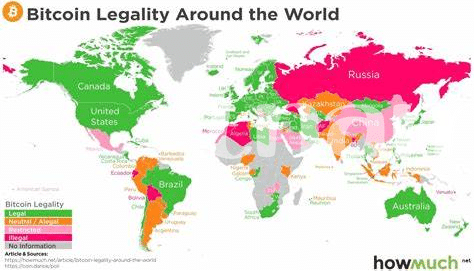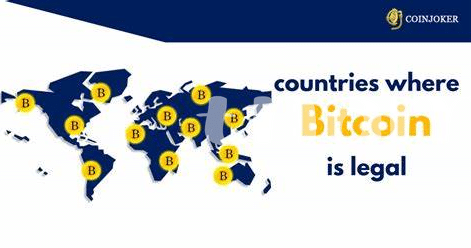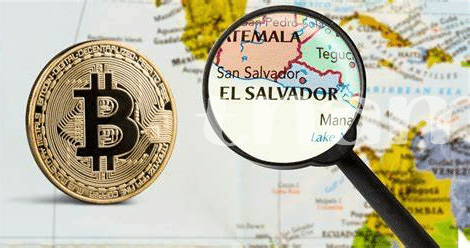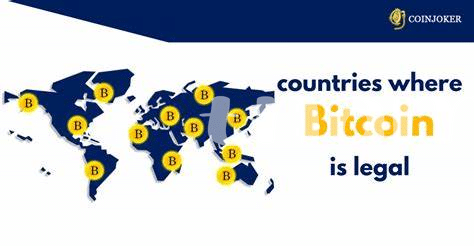Overview of Bitcoin in Chile 🇨🇱

– Bitcoin’s presence in Chile has been steadily growing, capturing the interest of individuals seeking decentralized forms of transacting value. With the increasing use of digital assets, Chile is witnessing a rise in Bitcoin adoption across various sectors. The decentralized nature of Bitcoin provides users with a secure and transparent platform for financial transactions. As the cryptocurrency ecosystem continues to evolve, Chile stands at the forefront of embracing the potential benefits and challenges associated with incorporating Bitcoin into its financial landscape.
Legal Status of Bitcoin Transactions 📜
Bitcoin transactions in Chile operate within a complex legal landscape, with regulations evolving to address the growing use of digital currencies. The country does not formally recognize Bitcoin as legal tender, but it is not explicitly illegal either. This ambiguity has led to a cautious approach by financial institutions and government bodies, creating a blend of opportunities and challenges for users engaging in cryptocurrency transactions.
As the popularity of Bitcoin continues to rise in Chile, discussions around its legal status have intensified. The government and regulatory authorities are exploring ways to provide clarity and establish a framework that balances innovation with consumer protection. In this dynamic environment, staying informed about the evolving legal landscape is crucial for individuals and businesses navigating the realm of Bitcoin transactions.
Regulatory Challenges and Developments 🧩

Regulatory challenges and developments surrounding Bitcoin in Chile reflect the evolving landscape of digital currencies in the country. The government has been actively exploring how to regulate and monitor these transactions to ensure transparency and security. As more individuals and businesses engage with Bitcoin, regulatory bodies are faced with the task of striking a balance between promoting innovation and mitigating potential risks associated with this decentralized form of currency. Recent developments in the regulatory framework indicate a growing interest in adapting existing laws to accommodate the unique characteristics of cryptocurrencies, signaling a shift towards a more inclusive approach to digital financial systems.
Tax Implications for Bitcoin Users 💰

Bitcoin users in Chile need to navigate the complex terrain of tax implications that come with engaging in cryptocurrency transactions. The Chilean tax authorities have clarified that income generated from Bitcoin transactions is subject to taxation, categorizing them as capital gains. This means that individuals and businesses need to maintain detailed records of their transactions to accurately report and pay taxes on their Bitcoin-related profits. Failure to comply with these tax regulations can result in penalties and legal repercussions, underscoring the importance of understanding the tax implications associated with Bitcoin use in Chile.
For more insights on how legal frameworks impact Bitcoin adoption globally, particularly in Croatia, click here to explore the article on is Bitcoin recognized as legal tender in Croatia?.
Case Studies of Bitcoin Legal Cases ⚖️
In exploring real-life scenarios involving Bitcoin in Chile, notable legal cases have highlighted the complexities and implications of cryptocurrency transactions. From issues related to money laundering to disputes over ownership and taxation, these cases offer valuable insights into the challenges that arise within the evolving landscape of digital currencies. By examining these specific instances, stakeholders can gain a better understanding of how legal frameworks are being tested and adapted to accommodate the unique characteristics of Bitcoin transactions within the Chilean context.
Future Outlook for Bitcoin in Chile 🚀

In recent years, Bitcoin has gained significant traction in Chile, with more individuals and businesses embracing its potential. The future outlook for Bitcoin in Chile appears promising as the regulatory environment continues to evolve and adapt to accommodate digital currencies. As awareness and understanding of Bitcoin grow, it is likely that its usage will become more mainstream, potentially leading to increased adoption and integration into various aspects of everyday life in the country. This could pave the way for a more inclusive financial ecosystem that incorporates Bitcoin alongside traditional forms of payment.
is bitcoin recognized as legal tender in cambodia?
